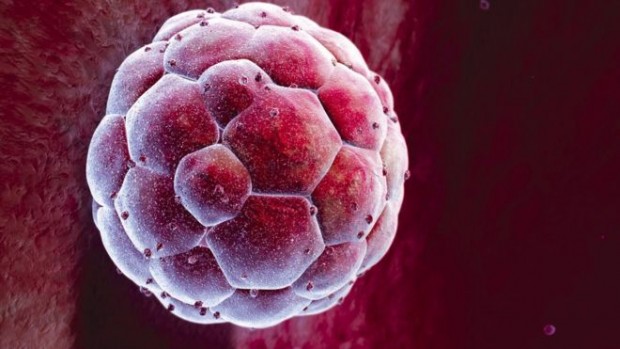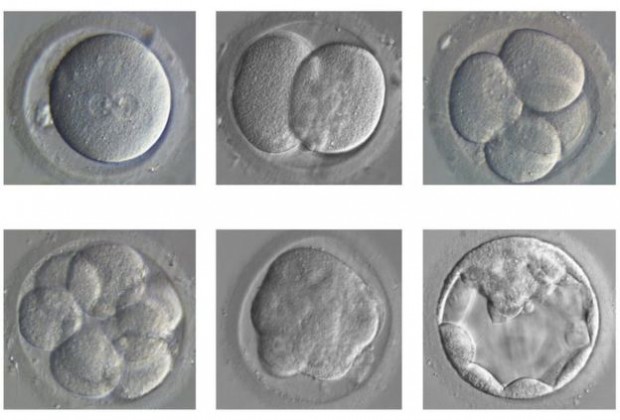Embryo “gene editing” approved for British scientists

BBC
UK scientists have been given the go-ahead by the fertility regulator to genetically modify human embryos.
It is the first time a country has considered the DNA-altering technique in embryos and approved it.
The research will take place at the Francis Crick Institute in London and aims to provide a deeper understanding of the earliest moments of human life.
It will be illegal for the scientists to implant the modified embryos into a woman.
But the field is attracting controversy over concerns it is opening the door to designer – or GM – babies.
DNA is the blueprint of life – the instructions for building the human body. Gene editing allows the precise manipulation of DNA.
In a world-first last year, scientists in China announced they had carried out gene editing in human embryos to correct a gene that causes a blood disorder.
Prof Robin Lovell-Badge, a scientific advisor to the UK’s fertility regulator, told the BBC: “China has guidelines, but it is often unclear exactly what they are until you’ve done it and stepped over an unclear boundary.
“This is the first time it has gone through a properly regulatory system and been approved.”
Groundbreaking
The experiments will take place in the first seven days after fertilisation.
During this time we go from a fertilised egg to a structure called a blastocyst, containing 200-300 cells.

The work will be lead by Dr Kathy Niakan, who has spent a decade researching human development.
Earlier this year, she explained why she had applied to edit human embryos: “We would really like to understand the genes needed for a human embryo to develop successfully into a healthy baby.
“The reason why it is so important is because miscarriages and infertility are extremely common, but they’re not very well understood.”
Out of every 100 fertilised eggs, fewer than 50 reach the early blastocyst stage, 25 implant into the womb and only 13 develop beyond three months.
And at the blastocyst stage, some cells have been organised to perform specific roles – some go on to form the placenta, others the yolk sac and others ultimately us.
How and why this takes place is unknown – but some parts of our DNA are highly active at this stage.
It is likely these genes are guiding our early development, but it is unclear exactly what they are doing or what goes wrong in miscarriage.
The researchers will alter these genes in donated embryos.
The regulator, the Human Fertilisation and Embryology Authority (HFEA), has given its approval and the experiments could start in the next few months.
Paul Nurse, the director of the Crick, said: “I am delighted that the HFEA has approved Dr Niakan’s application.
“Dr Niakan’s proposed research is important for understanding how a healthy human embryo develops and will enhance our understanding of IVF success rates, by looking at the very earliest stage of human development.”
Dr Sarah Chan, from the University of Edinburgh, said: “The use of genome editing technologies in embryo research touches on some sensitive issues, therefore it is appropriate that this research and its ethical implications have been carefully considered by the HFEA before being given approval to proceed.
“We should feel confident that our regulatory system in this area is functioning well to keep science aligned with social interests.”
How to submit an Op-Ed: Libyan Express accepts opinion articles on a wide range of topics. Submissions may be sent to oped@libyanexpress.com. Please include ‘Op-Ed’ in the subject line.
- Libya’s HCS invites applicants for key state roles - December 31, 2023
- UK calls on Iran to prevent escalation in Israel-Hamas conflict - November 05, 2023
- Libyan Interior Minister: Immigrant shelter costs a fortune - November 05, 2023


